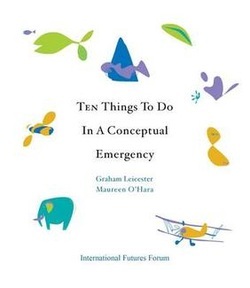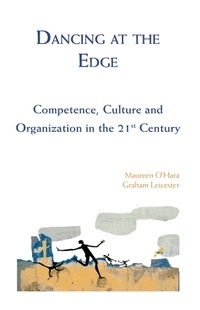Social Acupuncture
We assume that big problems need big solutions. But systems thinking tells us that, in today’s complex environment, big actions simply lead to bigger unintended consequences. The ‘Manhattan Project’ approach to large social challenges is not only bound to fail, it also spreads the disheartening message that nothing on a smaller scale will do. "That is not true. You cannot control complex systems, only disturb them. And even a small disturbance, artfully designed, can have large systemic effects. We call this ‘social acupuncture’. Think of Muhammad Yunus walking into a small village in Bangladesh thirty years ago with a few dollars in his pocket. His offer of microloans, against the advice of banks, governments and economists, was a small, disruptive act. It has generated global systemic impact. We have a far better understanding today of how these effects are obtained if we see society as a complex organism, a living ecology, a social network, or a ‘holarchy’. Each ‘holon’ in a living system is viable in its own right but it also grows in ways consistent with the patterns of coherence of a larger whole. Understanding the world holonically offers a very different approach to planning large scale projects, enabling them to grow more naturally and providing viability at all stages." Graham Leicester and Maureen O'Hara in Ten Things to Do in a Conceptual Emergency |
Explore |



